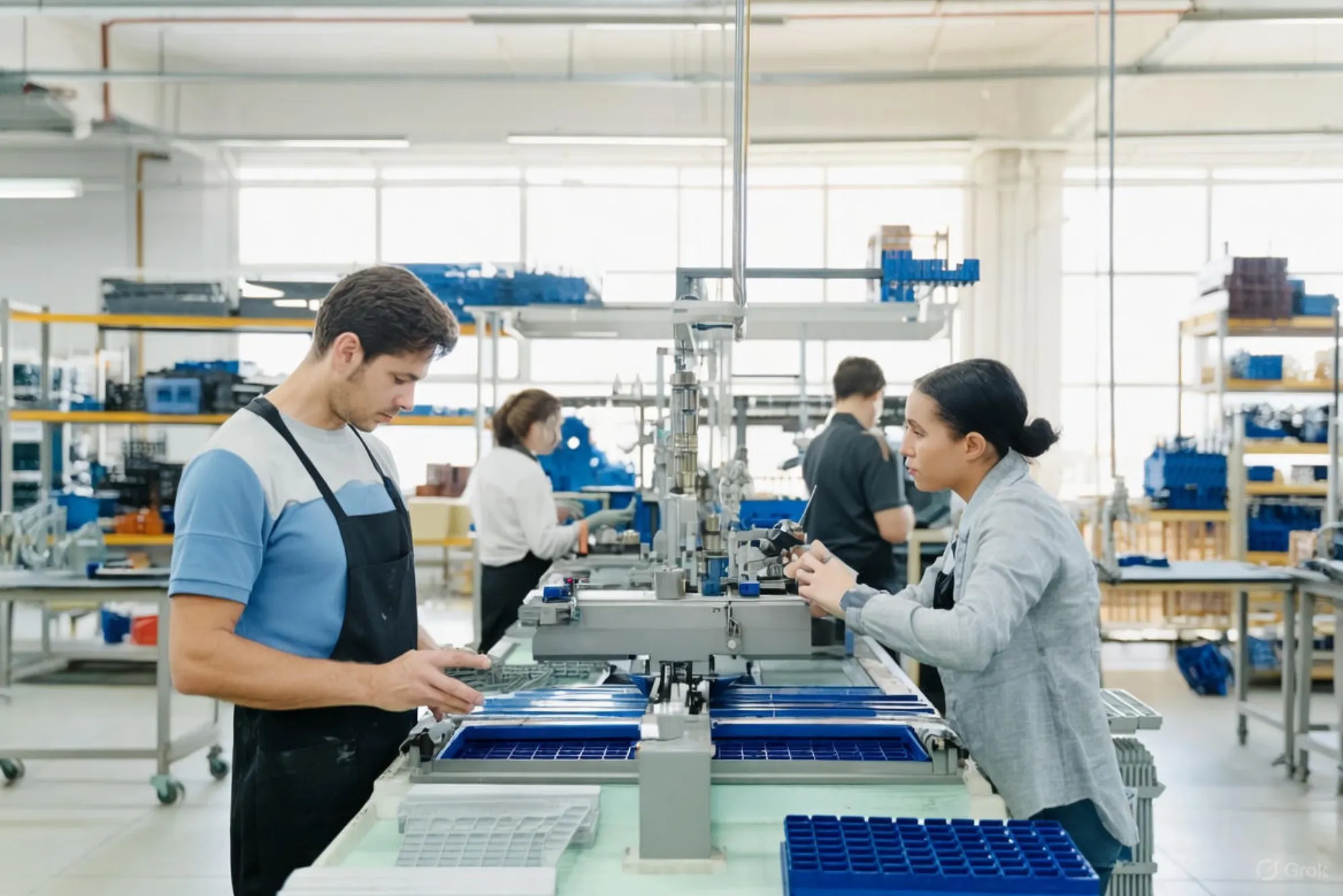When it comes to global manufacturing, consistency and quality are non-negotiable. A plastic parts company must not only deliver functional and durable products but also meet the international benchmarks set by industries such as automotive, aerospace, healthcare, and consumer goods. These standards exist to ensure safety, reliability, and compatibility across markets, and failing to adhere to them can result in loss of contracts, reputational damage, or even regulatory penalties.
From my experience working closely with suppliers in the plastics sector, I’ve seen how critical it is for manufacturers to invest in processes that uphold international quality requirements. Whether it’s a small plastic molded parts manufacturer or a large multinational group, the core principles of compliance remain the same. Let’s dive into the key strategies that ensure global standards are consistently met.
Quality Certifications as the First Line of Trust
One of the most visible ways a plastic parts company demonstrates adherence to international standards is through globally recognized certifications. ISO 9001, for example, sets the framework for a strong quality management system. Meanwhile, industry-specific certifications like ISO/TS 16949 for automotive or ISO 13485 for medical devices provide assurance that products are manufactured with safety and reliability in mind.
For a plastic molded parts manufacturer, these certifications are not just pieces of paper but passports into international markets. They indicate to clients that every step—from sourcing raw materials to final inspection—has been documented and standardized according to globally accepted practices.
Material Selection and Compliance with Regulations
Raw material choice is just as important as the manufacturing process. International standards require companies to source resins and additives that comply with health and safety regulations such as REACH in Europe or RoHS for electronic components.
For instance, a plastic parts company supplying components for the food industry must ensure materials are FDA-approved for food contact. Similarly, in automotive manufacturing, parts must withstand temperature variations, UV exposure, and chemical contact without degrading.
In practice, this means manufacturers need to maintain a reliable supplier network and invest in material traceability systems. A plastic molded parts manufacturer that can demonstrate the origin and compliance of its materials will always gain more trust from global clients.
Precision Engineering and Advanced Tooling
Meeting international standards is not possible without precision. Mold design and tooling are the backbone of consistency in plastic manufacturing. A reputable plastic parts company often invests heavily in CAD/CAM technology, high-precision CNC machining, and mold-flow analysis to predict and solve potential defects before production even begins.
A plastic molded parts manufacturer aiming for global recognition understands that tooling errors lead to dimensional inaccuracies, which can jeopardize entire product lines. By combining skilled toolmakers with modern technology, these companies ensure every product meets the tolerances required by international clients.
Rigorous Testing and Inspection Protocols
Another way companies maintain standards is through robust testing and inspection. International clients demand proof that every batch conforms to their specifications. For this reason, many plastic parts companies invest in advanced testing equipment such as coordinate measuring machines (CMM), tensile strength testers, and spectrophotometers.
It’s common for a plastic molded parts manufacturer to implement statistical process control (SPC) methods, ensuring that variations are detected and corrected immediately. This proactive approach allows manufacturers to guarantee consistency across millions of parts, regardless of where in the world they are shipped.
Compliance with Environmental and Sustainability Standards
International standards are no longer limited to technical quality alone. Sustainability and environmental responsibility have become equally important. A modern plastic parts company must comply with regulations such as ISO 14001 for environmental management and demonstrate practices that reduce waste, improve energy efficiency, and encourage recycling.
For example, many plastic molded parts manufacturers are now incorporating biodegradable or recyclable materials, while others are re-engineering their processes to reduce carbon emissions. This alignment with global sustainability goals not only ensures compliance but also strengthens client relationships, as more companies demand eco-friendly suppliers.
Workforce Training and Continuous Improvement
A plastic manufacturing facility is only as strong as the team that runs it. Skilled engineers, technicians, and quality control specialists must be trained to understand international requirements and to adapt as standards evolve.
A forward-thinking plastic parts company invests in continuous education and lean manufacturing training. Likewise, a plastic molded parts manufacturer that adopts Kaizen or Six Sigma practices shows a commitment to constant improvement, which is a core expectation of international clients.
Traceability and Documentation
International standards demand transparency. Every part produced must be traceable back to its material lot, tooling batch, and production cycle. For this reason, documentation plays a critical role in compliance.
A plastic parts company that serves global markets typically employs ERP or MES systems to monitor every production step. In case of a product recall or investigation, this traceability helps pinpoint the root cause quickly and efficiently. A plastic molded parts manufacturer without such systems risks losing credibility, especially with highly regulated industries like aerospace or medical devices.
Collaboration with Global Clients
Finally, maintaining international standards is also about communication. Clients expect not just compliance but also proactive collaboration. A strong plastic parts company establishes regular audits, feedback loops, and open communication channels with global clients. This ensures that changing requirements are quickly integrated into production processes.
Many plastic molded parts manufacturers now work as strategic partners rather than just suppliers. They contribute to product design, material selection, and performance optimization, ensuring that the final outcome is compliant with both local and international expectations.
Conclusion
Maintaining international standards is not a one-time achievement—it’s an ongoing commitment. From certifications and material compliance to precision engineering, testing, sustainability, workforce training, and traceability, every step matters. A plastic parts company that prioritizes these principles not only survives but thrives in global markets. Similarly, a plastic molded parts manufacturer that consistently aligns with international benchmarks secures long-term partnerships, builds trust, and elevates the overall reputation of the industry.
As the world becomes more interconnected, the demand for quality, compliance, and sustainability will only grow. Companies that recognize this and embed it into their DNA will remain competitive and relevant for decades to come.




